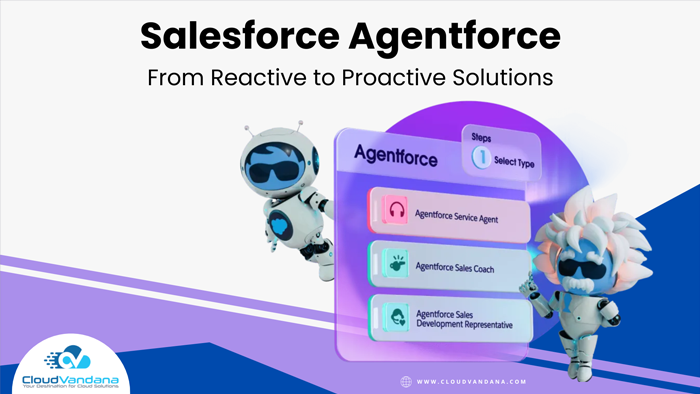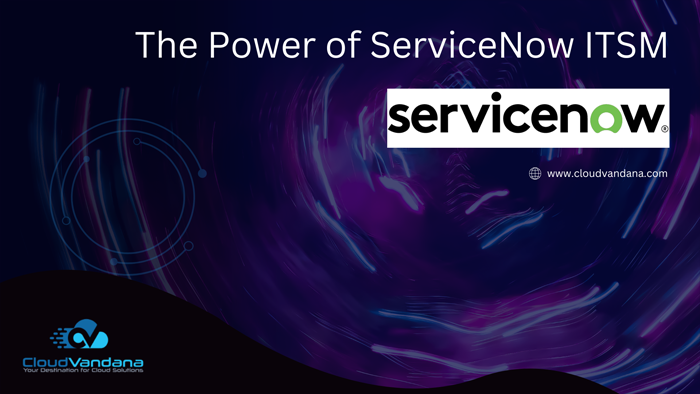In today’s dynamic job market, where talent acquisition is a strategic imperative for organizations, the role of artificial intelligence (AI) in reshaping recruitment practices cannot be overstated. AI technologies are ushering in a new era of efficiency, accuracy, and innovation in the hiring process, transforming the way companies identify, engage, and onboard top talent. From streamlining candidate sourcing to enhancing candidate experience; AI is revolutionizing every aspect of recruitment, promising to make hiring more agile, data-driven, and effective than ever before.
Understanding AI in Recruitment:
Artificial intelligence in recruitment encompasses a broad spectrum of technologies, including machine learning algorithms, natural language processing (NLP), predictive analytics, and automation tools. These technologies empower recruiters and hiring managers to analyze vast amounts of data, gain actionable insights, and automate repetitive tasks throughout the recruitment lifecycle.
Streamlining Candidate Sourcing:
Traditionally, sourcing candidates has been time-consuming and resource-intensive, often involving manual screening of resumes and job applications. AI-powered applicant tracking systems (ATS) and talent acquisition platforms enable recruiters to expedite candidate sourcing by leveraging machine learning algorithms to scan resumes, identify relevant skills and qualifications, and rank candidates based on their suitability for specific roles. By automating the initial screening process, recruiters can focus their time and effort on engaging with top-tier candidates, accelerating time-to-hire and reducing recruitment costs.
Enhancing Candidate Experience:
In today’s competitive job market, providing an exceptional candidate experience is paramount to attracting and retaining top talent. AI-driven chatbots and virtual assistants are revolutionizing candidate engagement by delivering personalized, real-time support to applicants throughout the recruitment process. From answering frequently asked questions to scheduling interviews and providing feedback, AI-powered chatbots enable recruiters to offer a seamless and interactive candidate experience, fostering positive brand perception and increasing candidate satisfaction.
Improving Diversity and Inclusion:
Diversity and inclusion are critical components of a successful recruitment strategy, yet bias and unconscious prejudice can inadvertently influence hiring decisions. AI algorithms can help mitigate bias in recruitment by anonymizing candidate data and removing identifying information such as names, gender, and ethnicity from resumes and applications. Additionally, AI-powered predictive analytics can analyze historical hiring data to identify patterns of bias and discrimination, enabling organizations to implement targeted interventions and promote diversity and inclusion in the workplace.
Predictive Analytics for Talent Acquisition:
Predictive analytics leverages historical data and statistical algorithms to forecast future trends and outcomes. It can identify high-potential candidates, forecast hiring needs, and optimize recruitment strategies. By analyzing candidate skills, experience, and performance metrics, AI algorithms can predict candidate success and cultural fit within an organization, enabling recruiters to make more informed hiring decisions and reduce employee turnover.
Automating Routine Tasks:
AI-powered automation tools transform recruitment by automating routine tasks such as resume screening, interview scheduling, and candidate communications. By automating administrative processes, recruiters can focus their time and energy on strategic activities such as building relationships with candidates, collaborating with hiring managers and developing talent pipelines. Furthermore, automation enhances operational efficiency, reduces human error, and enables recruiters to scale their efforts to meet the organization’s evolving needs.
Leveraging Data for Strategic Insights:
Data-driven decision-making is central to effective recruitment, and AI technologies enable recruiters to harness the power of data to gain strategic insights into talent acquisition trends, performance metrics, and recruitment ROI. By analyzing key performance indicators (KPIs) such as time-to-fill, cost-per-hire, and quality-of-hire, recruiters can optimize recruitment processes, allocate resources more effectively, and measure the impact of their efforts on organizational goals. Moreover, AI-driven analytics platforms provide actionable insights that enable recruiters to identify emerging talent pools, anticipate market trends, and stay ahead of the competition.
Overcoming Challenges and Ethical Considerations:
While AI holds tremendous potential to transform recruitment, it also presents challenges and ethical considerations that must be addressed. Concerns around data privacy, algorithmic bias, and transparency are paramount, and organizations must implement robust governance frameworks and ethical guidelines to ensure fairness, accountability, and transparency in their use of AI technologies. Moreover, as AI continues to evolve, recruiters need to develop the skills and competencies necessary to effectively leverage AI tools and technologies and adapt to the changing recruitment landscape.
Conclusion:
In conclusion, AI is revolutionizing the future of recruitment by empowering organizations to streamline candidate sourcing, enhance candidate experience, improve diversity and inclusion, leverage predictive analytics, automate routine tasks, and leverage data for strategic insights. By embracing AI technologies, recruiters can transform their recruitment practices, gain a competitive advantage, and unlock new opportunities for innovation and growth.
Are you looking for a recruitment consultancy for a seamless recruitment process? Please feel free to schedule a call with CloudVandana and take your organization to the next level. Call Now.










